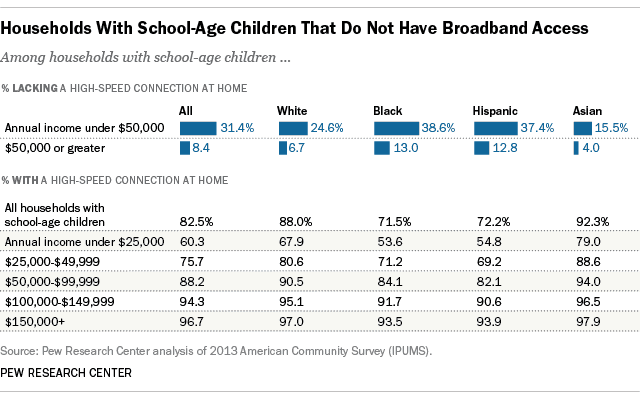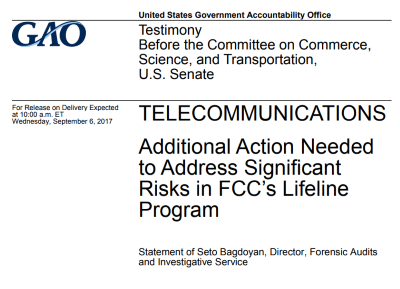 Even as millions of Spectrum subscribers began paying higher rates for programming and equipment this month, Charter Communications has sweetened the deal for its new customers by offering free DVR service with their triple play bundle of TV Select, internet, and voice service for $89.97/mo during the first year. The cable company will also reimburse customers up to $500 to cover any early termination/contract buyout fees for canceling their satellite or telephone company video package.
Even as millions of Spectrum subscribers began paying higher rates for programming and equipment this month, Charter Communications has sweetened the deal for its new customers by offering free DVR service with their triple play bundle of TV Select, internet, and voice service for $89.97/mo during the first year. The cable company will also reimburse customers up to $500 to cover any early termination/contract buyout fees for canceling their satellite or telephone company video package.
Charter’s “Strategic Accounts” department is handling the promotion, and it will benefit customers where there is significant competition between Spectrum and AT&T and Verizon or satellite providers like DirecTV and Dish Networks. Spectrum does not cover early termination fees from cell phone companies, and you must have subscribed to a “comparable level of service,” which disqualifies competitors like Hulu, Netflix, DirecTV Now, and Amazon.
Like the rebates Time Warner Cable used to offer customers, there is a specific process to submit documentation to qualify for this rebate, and skipping a step means… no rebate and no recourse. In addition to this FAQ, Stop the Cap! has this advice:
- You must install and keep current a qualified Spectrum triple play package from the time you submit the rebate request until the day you receive a check.
- You cannot have had Spectrum Video service within the last 30 days, something we’ll explain below.
- Your account must not be past due.
- You must submit a copy of your provider’s final bill showing itemized early termination fees actually billed to your account. Bank/credit card statements showing charges are not eligible.
- You must complete the “Charter Contract Buyout Form” in full and submit it by e-mail or by mail to: Spectrum, 7800 Crescent Exec. Dr., Charlotte, NC 28217, ATTN: Strategic Accounts Dept. with your documentation. Try to make sure the names on both accounts match.
- Your rebate request must be received by Charter within 60 days of installation of a Charter triple play package or within two weeks of the date listed on the competing provider’s final bill, whichever is later.
- Charter will only reimburse you for the actual amount of the early termination fee, up to a maximum of $500. Cash the check within six months or lose it.
 Charter insists customers who have had Spectrum Video service within the last 30 days cannot qualify for this rebate. This is an effort to close a loophole where an existing Spectrum customer cancels their regularly-priced cable service, switches to a competitor for a few weeks, and then promptly switches back to a Spectrum package at the new customer price, which also leaves Charter on the hook for paying the early termination fee charged by the other company. To avoid this, a customer would have to cancel Spectrum service, switch to a competitor for at least 31 days, and then switch back to Spectrum. That is likely to be a hassle for most people.
Charter insists customers who have had Spectrum Video service within the last 30 days cannot qualify for this rebate. This is an effort to close a loophole where an existing Spectrum customer cancels their regularly-priced cable service, switches to a competitor for a few weeks, and then promptly switches back to a Spectrum package at the new customer price, which also leaves Charter on the hook for paying the early termination fee charged by the other company. To avoid this, a customer would have to cancel Spectrum service, switch to a competitor for at least 31 days, and then switch back to Spectrum. That is likely to be a hassle for most people.
Customers who have participated in these rebate schemes in the past also warn that companies can reject a rebate if you do not have a “comparable” level of service with a competitor. In other words, if you signed up for a $20 basic video package and then head to Spectrum for a $90 triple play package, the company may not consider that “comparable.” “Comparable” can mean the dollar amount of the video package you have with a competitor or the combination of a satellite package with one provider and a broadband package with another. You can contact Charter directly and check if your existing package(s) qualify. If the representative says yes, write down the name of the person and keep it handy in case your rebate request is later rejected.
 Charter says you won’t have long to wait for a rebate rejection or a check.
Charter says you won’t have long to wait for a rebate rejection or a check.
“When you submit your information to the Contract Buyout Team, your information goes through a verification process, which can take up to 5-7 business days. After approval, your check will arrive within 10 business days,” the company reports.
Other factors to consider:
- Cable TV equipment is required and costs extra ($5.99/mo per HD box or DVR for new customers).
- You will receive Spectrum’s base internet package, which is 60Mbps or 100Mbps in former TWC Maxx service areas. A $199 upgrade fee applies for faster speed.
- Installation fees apply. You can avoid them with a self-install kit which can be mailed or picked up at a Spectrum retail store at no extra charge.
- Fees and surcharges apply. The most important is the Broadcast TV Fee, which usually adds around $7.50 a month to your TV bill.
- Rates reset to Charter’s regular price at the end of one year. There is no contract, so you can cancel anytime.


 Subscribe
Subscribe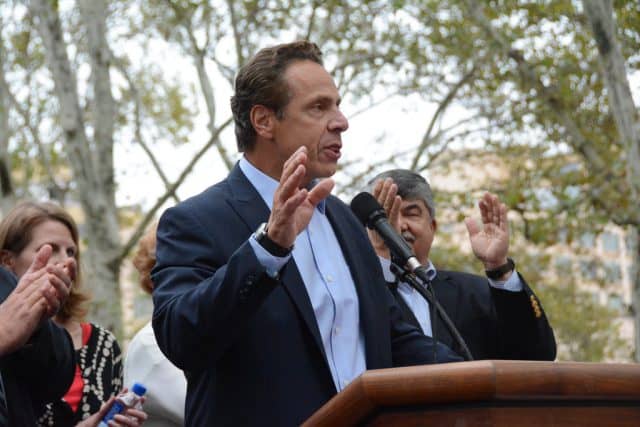

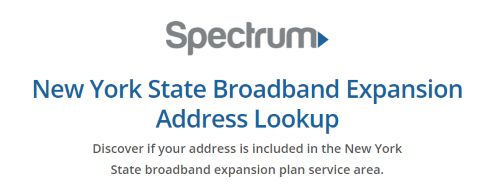
 As a result, Charter has been forced to place $13 million in an escrow-type account that New York can tap into in amounts of up to $1 million increments to penalize the company for further delays. Charter can win back all $13 million if it stops missing its six-month buildout targets. Each time it does miss a deadline, the State reserves the right to withdraw funds in amounts that will vary based on the seriousness of the violation. Some forfeited funds will be used to acquire computers and internet training for low-income New Yorkers. The rest will be channeled into New York’s general fund.
As a result, Charter has been forced to place $13 million in an escrow-type account that New York can tap into in amounts of up to $1 million increments to penalize the company for further delays. Charter can win back all $13 million if it stops missing its six-month buildout targets. Each time it does miss a deadline, the State reserves the right to withdraw funds in amounts that will vary based on the seriousness of the violation. Some forfeited funds will be used to acquire computers and internet training for low-income New Yorkers. The rest will be channeled into New York’s general fund.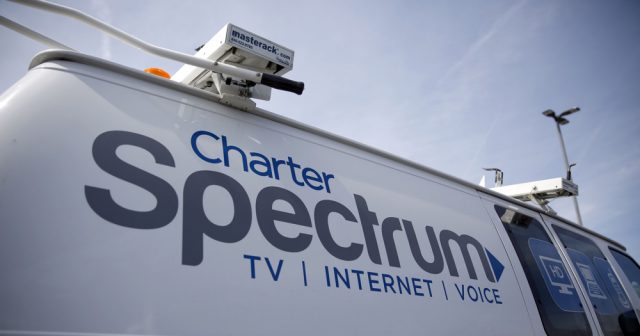 “Build plans, timelines, and all other information provided are subject to change and areas designated for build may not be built,” the website states.
“Build plans, timelines, and all other information provided are subject to change and areas designated for build may not be built,” the website states.